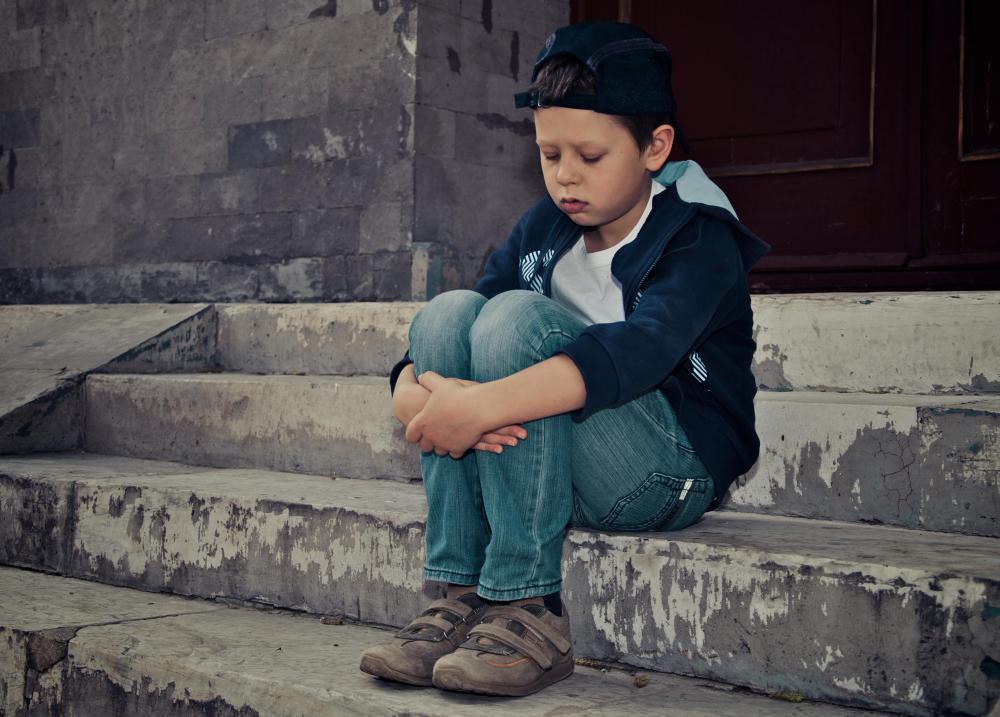At WiseGEEK, we're committed to delivering accurate, trustworthy information. Our expert-authored content is rigorously fact-checked and sourced from credible authorities. Discover how we uphold the highest standards in providing you with reliable knowledge.
What are Common Links Between Victims and Offenders?
It is not uncommon for victims and offenders to share common links. Mostly, this linkage is one of personal acquaintance, family or lifestyle. In the majority of child molestation cases, research shows victims to be personally acquainted with offenders and, in many cases, the offender is an actual family member. In violent crimes against adult men, approximately half of all victims know their offender. In crimes against adult women, as many as 70 percent of victims are personally acquainted with an offender before a crime is committed.
Common links between victims and offenders might exist through familial relationships, peer relationships, work relationships, intimate relationships or casual acquaintances. These linkages also relate to the types of crimes committed. In instances of violent crime, victims and offenders are more frequently acquainted, but in crimes of robbery or vandalism, it is far less common for them to know one another beforehand.

In cases between victims and family offenders, there appears to be a trend involving offenders who are older than their victims. These relationships include parents victimizing children, older siblings victimizing younger siblings or older relatives victimizing younger ones. This trend might also correlate to that of offenders preying upon victims who are perceived to be weak or easy targets.

When considering the connection between these two groups, most people automatically focus on a relationship prior to a crime being committed. Through victim offender reconciliation programs, however, the focus on the relationship between the victim and offender after a crime becomes the primary focus. In such programs, convicted criminals and their victims agree to meet to discuss the reasons for the crime. Victim-offender reconciliation also allows the offender to apologize for his or her actions and for the victim to find potential closure as a means of putting the psychological trauma in the past.

The process of a victim becoming an offender is another common link between these two groups. It is not uncommon for an offender to have also been a prior victim of crime. These crimes often relate to various forms of child abuse and neglect, gang violence or other peer violence, such as bullying. Without the tools to cope with the crimes committed against them, these individuals go on to victimize others.

Victims and offenders might have common links prior to the committal of a crime, but an innocent victim should not be blamed for the offender’s motives, choices or actions. As is sometimes the case in crimes involving abuse or sexual assault, offenders might attempt to blame the victim and others for certain actions leading up to the crime. The connection between victims and offenders, however, should never be used as an excuse for a crime.
AS FEATURED ON:
AS FEATURED ON:


















Discuss this Article
Post your comments